Latest Archive
Free Newsletter
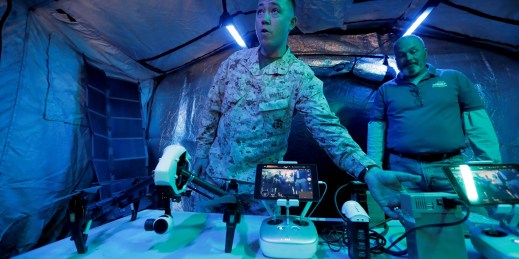
Against the backdrop of the Maui wildfires, U.S. President Joe Biden is facing renewed calls to declare a climate emergency but has been hedging on whether to do so for political reasons. But Biden is overlooking an untapped source of political capital that would ease the declaration of a climate emergency: the U.S. military.
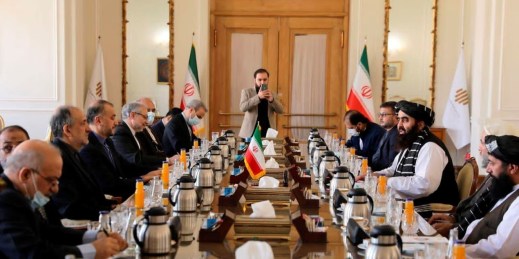
For two decades, Iran blamed much of Afghanistan’s miseries on the military intervention there by the U.S. and its allies. But two years after the U.S. withdrawal that Tehran had long demanded, and with the Taliban now firmly in power in Kabul, Iran finds itself facing a unique set of challenges emanating from Afghanistan.
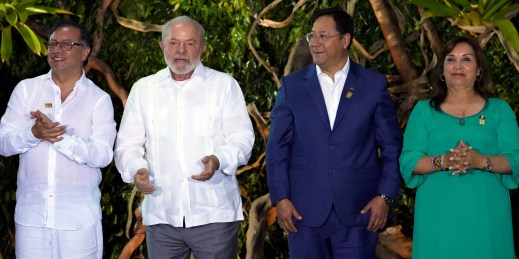
Reducing deforestation in the Amazon is good policy, but as last week’s summit bringing together leaders of the Amazonian countries demonstrated, it can make for difficult politics. Instead of arriving at regional solutions, the summit exposed divisions in South America on a topic that is high on the global environmental agenda.
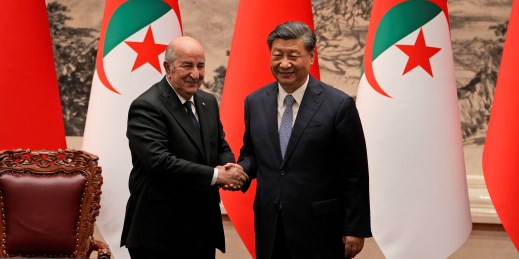
Algeria’s recently intensified foreign policy engagement has three main goals: to counter the growing regional influence of neighboring Morocco, strengthen its position among the rising powers of a multipolar world and attract more investment to diversify its economy. Aligning with China fits into all of these goals.
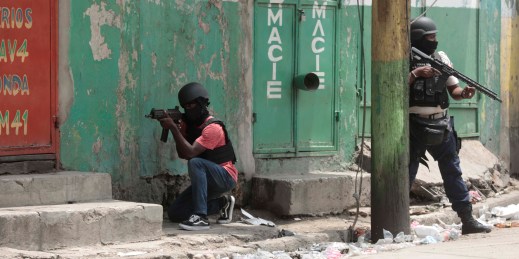
In early August, Kenya volunteered to lead a multinational police force, to which it will deploy 1,000 police officers. to reestablish security in Haiti. But when Kenya’s assessment team arrives in the country in the coming weeks, it will discover that Haiti’s crisis is not just a policing challenge. It is an urban warfare nightmare.
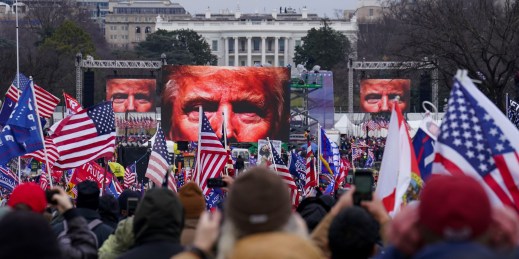
At the time of the assault on the U.S. Capitol on Jan. 6, 2021, many observers disagreed with labeling it a coup attempt. Political violence, for sure. Insurrection, perhaps. But a coup? In the United States? In fact, the reluctance to label what happened that day a coup flies in the face of what political scientists know about coups.
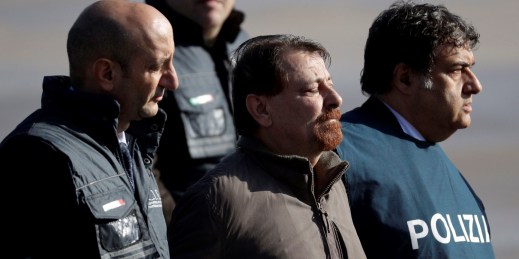
In March, the latest chapter was written in a political and legal controversy between Italy and France that dates back to the 1980s. But while a verdict from France’s highest criminal court caps a four-decade-long saga that began during Italy’s “years of lead,” it fails to resolve the tensions at the heart of those events.
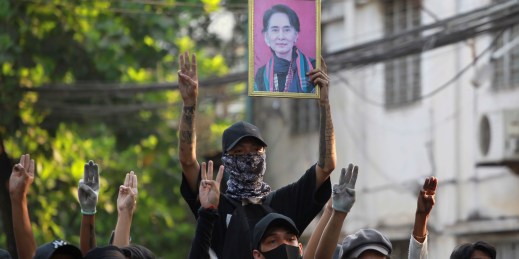
When Myanmar’s ruling military announced last week that it was issuing a partial pardon for opposition leader Aung San Suu Kyi, it seemed a sign that the regime might be preparing to loosen its grip and perhaps even compromise with the opposition. That optimistic interpretation, however, is being rejected by many Myanmar observers.
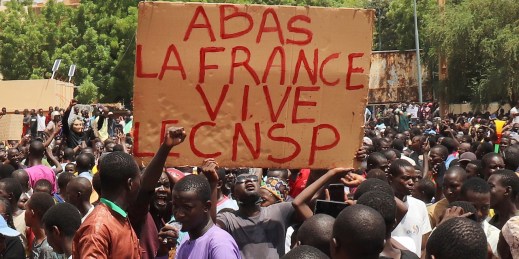
In the past two weeks, the coup in Niger has snowballed into a confrontation pitting the civilian-led states of ECOWAS against military juntas in West Africa. But the standoff is a symptom of broader dysfunctions in the global system that underscore the need for the EU and its members to reassess their approaches to foreign policy.
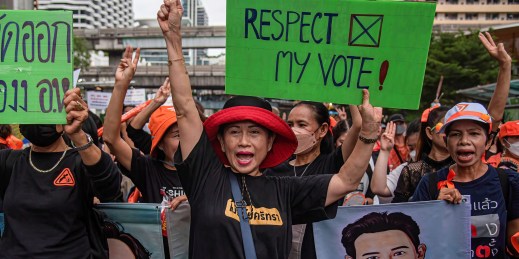
In the 1990s and early 2000s, Southeast Asia seemed to offer a model for democratization for other developing countries. But today the region is a long way from that promising period, with the state of democracy in dire shape. It seemed by 2020 that things couldn’t get worse. And yet, in the past few years, they have.
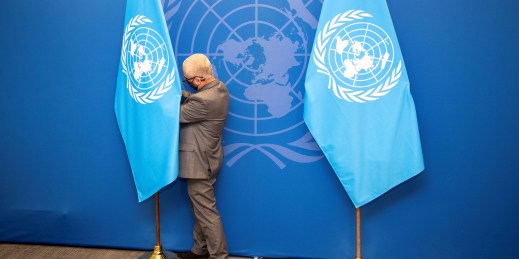
Having essentially stumbled into the business of being an analyst and commentator on multilateral matters by chance, I often feel uncomfortable offering others career advice. But if I cannot be of much help as a career planner, what I’ve learned over the past two decades does allow me to offer some tips about how to be a policy wonk.
